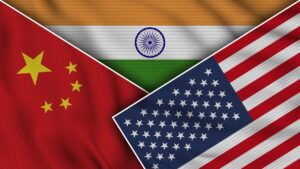The elevation of India-Kuwait ties to a strategic partnership underscores the growing importance of the Gulf region in India’s foreign policy. It reflects India’s ability to adapt to global shifts while promoting its national interests. For UPSC aspirants, this development provides a valuable case study on bilateral relations, offering insights into India’s evolving role on the global stage.









